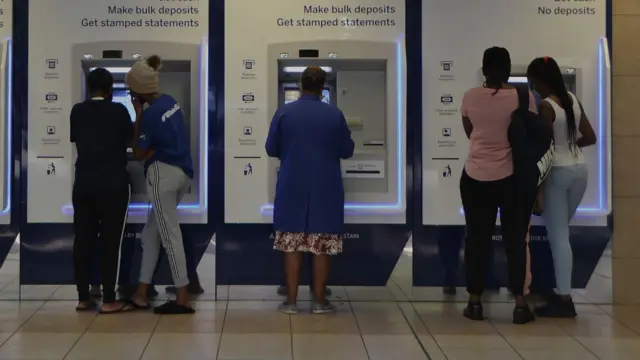From Adanna Nnamani, Abuja
Foreign capital inflows into Nigeria’s banking sector surged to $7.0 billion in 2024, the highest in five years, but the bulk of the funds were speculative, raising fresh concerns about the sustainability of the investment boom.
The latest capital importation figures released by the National Bureau of Statistics (NBS) show that over 90 per cent of the total inflows were short-term funds, often referred to as hot money, chasing high-yield instruments like Open Market Operation (OMO) bills and Treasury bills. These investments are known for their quick entry and exit, offering little long-term value to the economy.
The banking sector accounted for 56.8 per cent of Nigeria’s total capital importation in 2024, up sharply from 21.3 per cent the previous year. The inflows represented a 740.3 per cent jump from $832.64 million in 2023, marking a dramatic comeback after years of declining interest in the sector.
In quarterly terms, the trend gained strength toward the end of the year. After bringing in $2.07 billion in Q1 2024, inflows dipped in the second and third quarters before surging to $3.23 billion in Q4, the highest ever recorded for the sector in a single quarter.
The momentum carried into 2025, with $3.13 billion recorded in Q1 alone. This marked the second consecutive quarter the sector attracted over $3 billion in foreign capital, maintaining its dominance as the top destination for imported funds.
However, data shows that the inflows were heavily concentrated in money market instruments. Out of the total $5.64 billion brought into the country in Q1 2025, $4.21 billion, representing 74.6 per cent, went into short-term securities.
Analysts say the influx, while boosting forex liquidity in the short term, leaves the economy exposed to sudden capital flight should investor sentiment shift.
Capital importation into the sector had steadily declined from a high of $7.66 billion in 2019 to just $832.64 million in 2023, following the COVID-19 pandemic and heightened macroeconomic uncertainty.
The sharp rebound in 2024 has been linked partly to the Central Bank’s recapitalisation drive and attractive yields created by its monetary tightening stance.
Despite the boost, economists warn that the inflows are not necessarily a vote of confidence in Nigeria’s banking fundamentals. With most of the capital being speculative, there are concerns that the inflows could reverse quickly if interest rates drop or global conditions change.
The challenge, experts say, is for the country to channel this temporary advantage into more stable, long-term investment that supports real sector growth, rather than relying on volatile foreign portfolio flows.

















Leave a comment